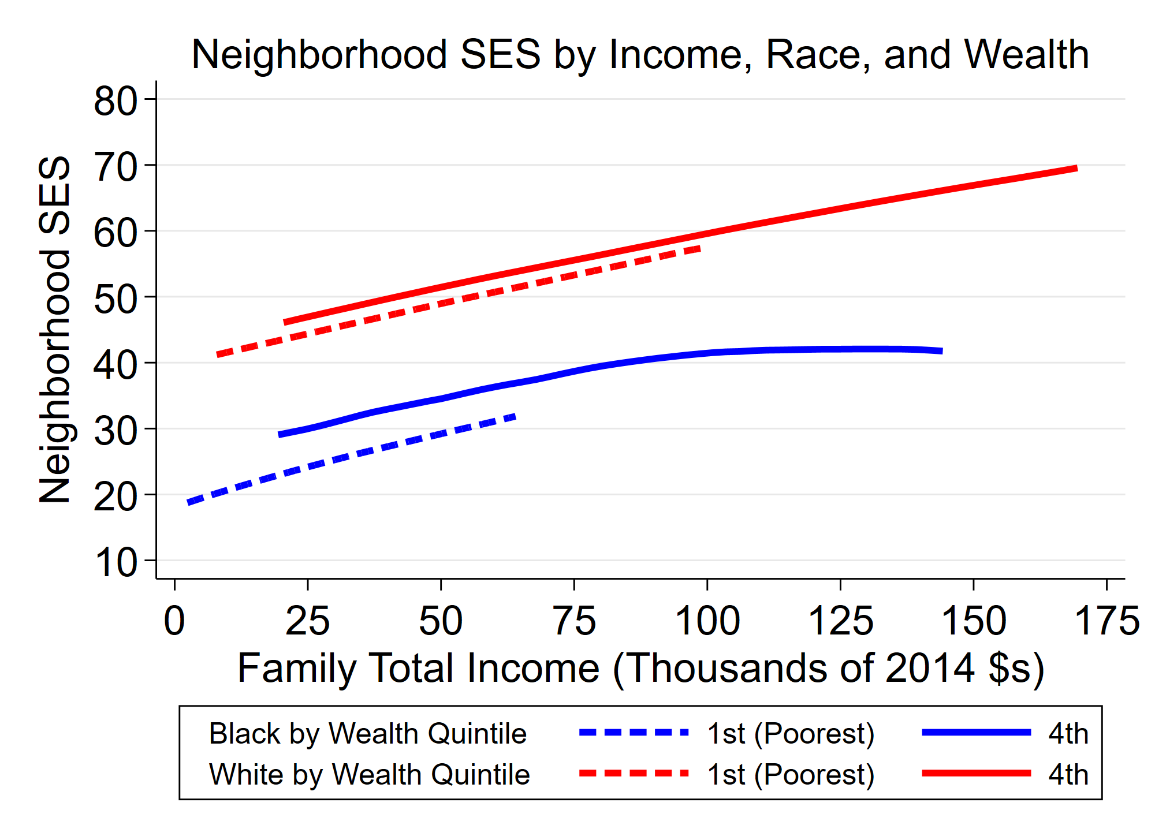CLEVELAND — A new report from the Cleveland Federal Reserve notes that higher income doesn’t reduce the economic impact of discrimination. Authors Dionissi Aliprantis, Daniel Carroll and Eric Young found:
“Black households with incomes of $175,000 per year live in neighborhoods with similar unemployment rates as white households with incomes under $10,000. At the median of US household income, Black households live in neighborhoods with an unemployment rate that is 3.6 percentage points higher than their white counterparts. Similar differences hold for other measures of the socioeconomic status of a neighborhood’s residents such as poverty rates, educational attainment, and the share of single-headed households.
“If income is not driving the residential distribution of Black families, then is wealth the missing obstacle to Black households’ accessing opportunity neighborhoods? There is reason to suspect that it could be: The racial wealth gap is such that even at the same level of income, Black households hold much less wealth than white households. Since wealth is an important source of down payments for buying a house, the racial wealth gap would seem to be an obvious obstacle to Black households’ living in neighborhoods that provide economic opportunity.

